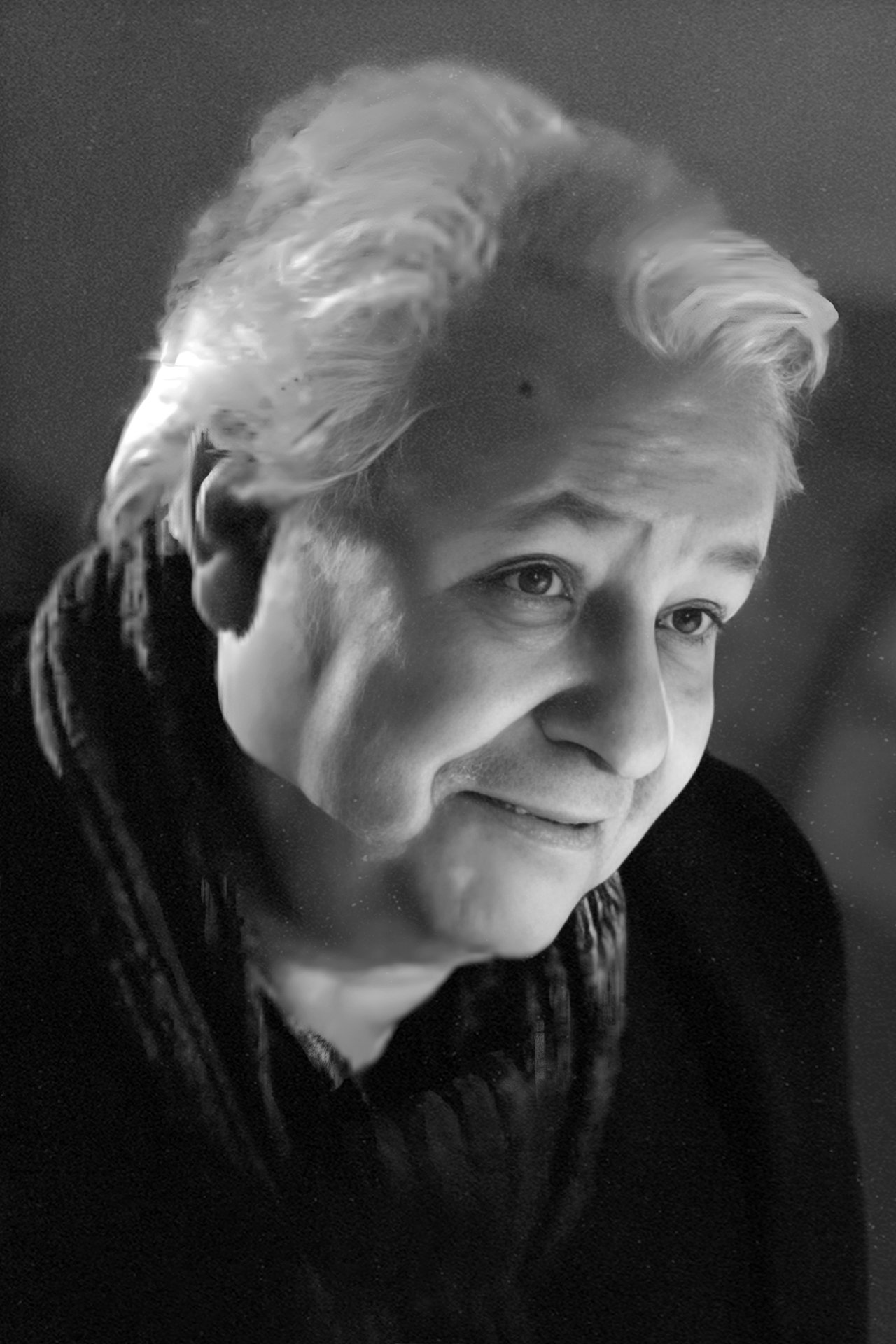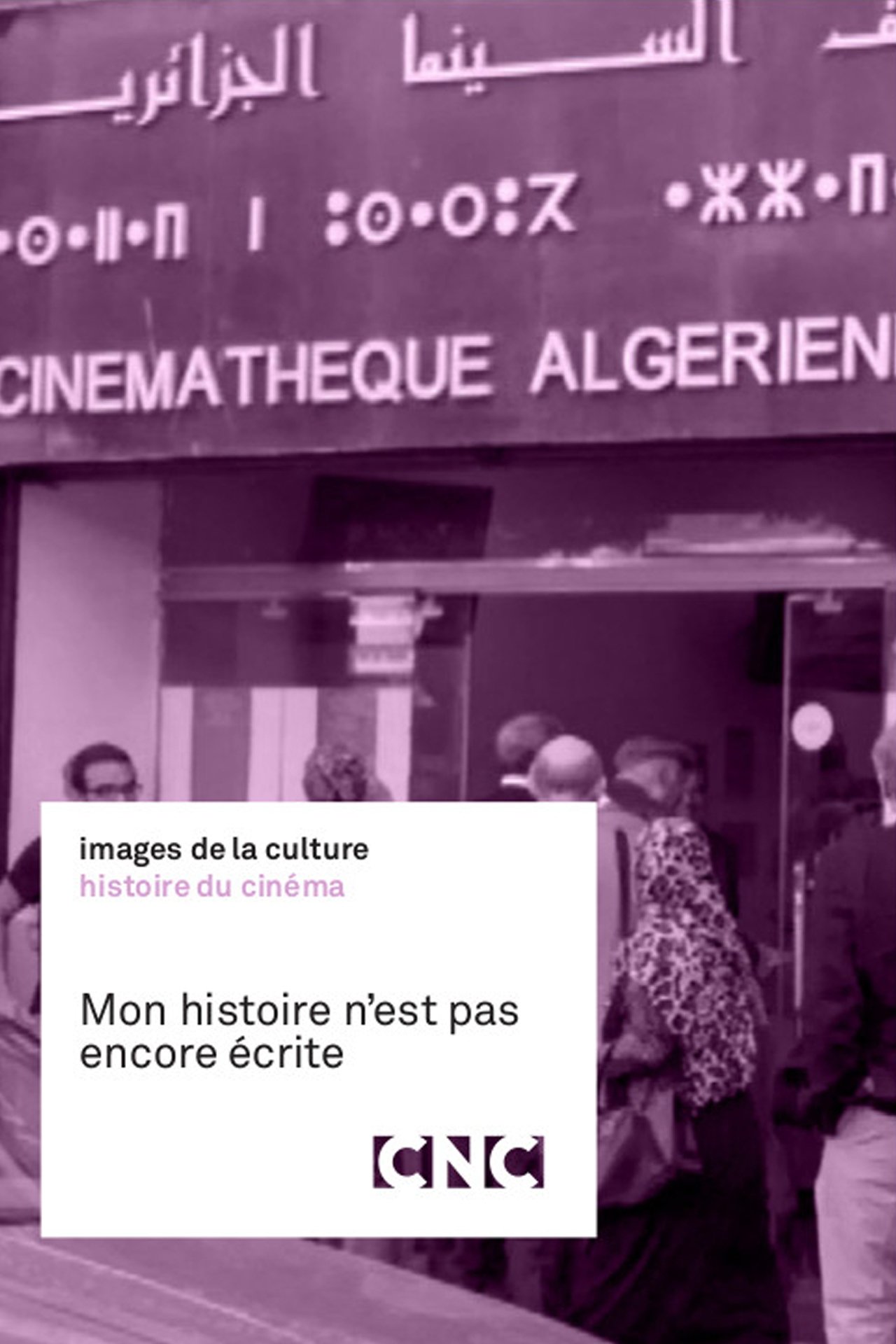

Jacqueline Gozlan - who left Algeria with her parents in 1961 - nostalgically retraces the history of the Algiers Cinematheque, inseparable from that of the country's Independence, through film extracts and numerous testimonies; notably that of one of its creators, Jean-Michel Arnold, but also of filmmakers such as Merzak Allouache and critics such as Jean Douchet. A place of life for Algerians, the Cinémathèque was the hub of African cinemas. Created in 1965 by Ahmed Hocine, Mahieddine Moussaoui and Jean-Michel Arnold, the Cinémathèque benefited from the excitement of Independence. The Cinematheque becomes a meeting place for Algiers society, future filmmakers find their best school there. In 1969, the Algiers Pan-African Festival brought together all African filmmakers, and from 1970, Boudjemâa Kareche developed a collection of Arab and African films.
Farouk Beloufa (فاروق بلوفة), born in 1947 in Oued Fodda in Algeria, is an Algerian film critic and director. He is the father of the Franco-Algerian filmmaker and visual artist Neïl Beloufa. Farouk Beloufa studied cinema at INC, this Algerian film school that quickly disappeared, before graduating from IDHEC in Paris. He also took courses at the École Pratique des Hautes Études in Paris, under the direction of Roland Barthes, and presented a thesis on film theory. Upon his return to Algeria, his first major production, "Insurrectionnelle" (1973), was censored, the 90-minute content was reworked and produced without a signature. In 1979, "Nahla", his only feature film, was released, and is one of the rare Algerian films to deal with foreign problems: in this case, the eve of the civil war in Lebanon, in 1975. "I worked as Youssef's assistant Chahine on The Return of the Prodigal Son, in 1976, in Cairo, when I was able to escape for three weeks to Beirut. We are in the middle of a civil war, there are deaths and clashes every day, but curiously, I breathe, I am even fascinated, this is where I want to shoot my film. I am returning to Algiers to write, to try to convince. A producer, Laghouati, will follow me. He is one of the first leaders of the RTA, Algerian radio and television, following the war of independence. Nahla was completed in 1980." The shooting of the film, in the Lebanese capital in the middle of street wars. “The production in Algiers no longer wanted to take responsibility for the risks on site,” a member of the film team told Middle East Eye. “Left to our own devices in the middle of the bullets, but it was our Lebanese artist friends who helped save the film. Roger Assaf had his troupe perform voluntarily, Ziad Rahbani offered us the soundtrack and the arrangements... We were filming while the bullets were whistling in the street." But this unique film continues to live on through festivals or YouTube. Back in Algeria in 2010 after an absence of almost twenty years, Beloufa discovered that Nahla continued to fascinate, including among the younger generation of filmmakers. The film was considered by Des Nouvelles Du Front, an information site dedicated to the seventh art, as "one of the most beautiful secret gardens of Algerian cinema". In 2010, on the budget of the 2nd Pan-African Festival of Algiers in 2009, Farouk Beloufa submitted a short film project entitled The Silence of the Sphinx. Adopted late, it appeared in a collective film of 10 directors, entitled Africa seen by... But the production of this film, which was to allow it to bounce back on a feature film project, will drag on for a long time and experience many of adventures with his producer. Farouk Beloufa will find himself in great personal difficulty, in debt for a while and above all with unpaid collaborators. A parable about an African undocumented migrant, The Silence of the Sphinx depicts the horrors of a journalist played by Lyès Salem. The film will not be finished and shown until 2014. Farouk Beloufa died on April 9, 2018 in Paris.
By browsing this website, you accept our cookies policy.